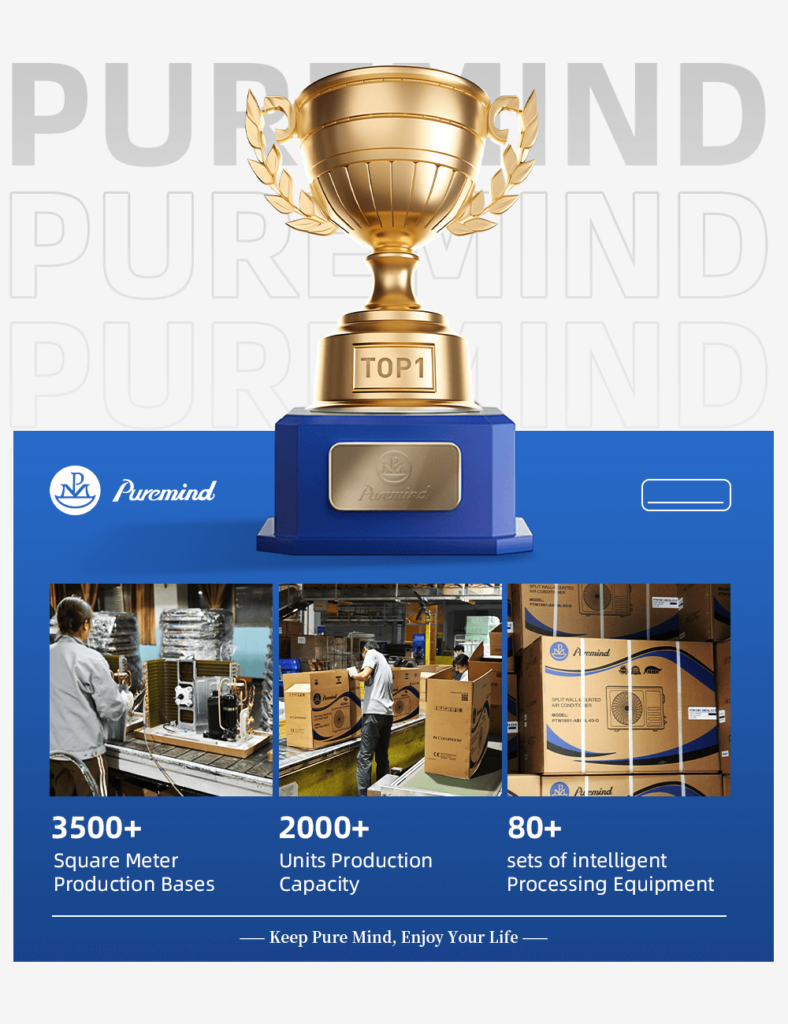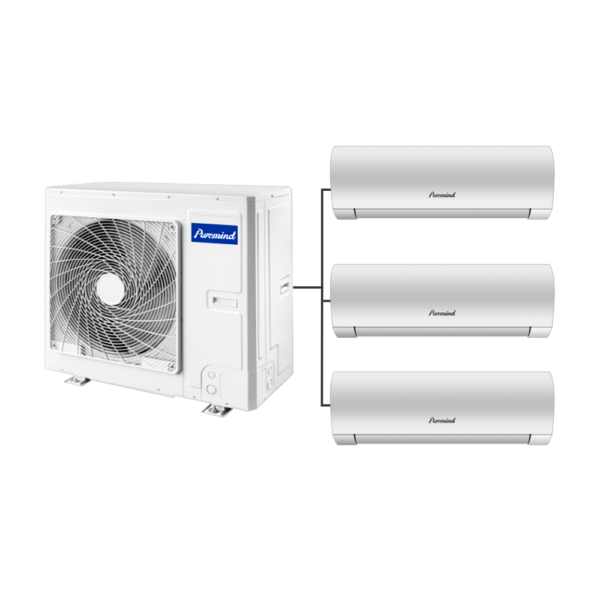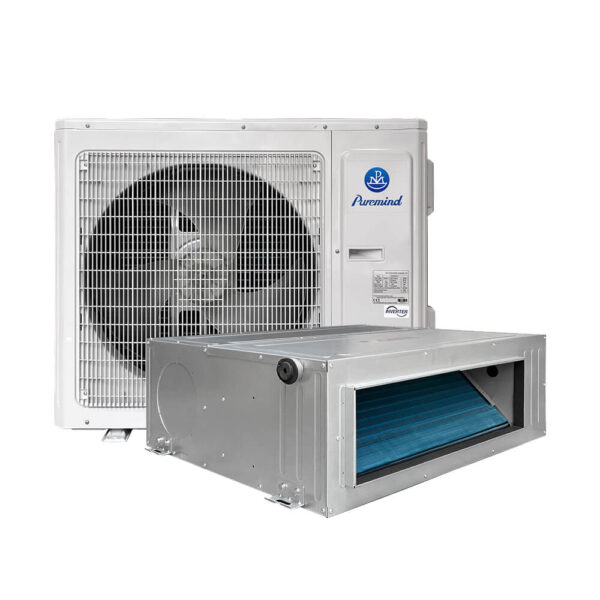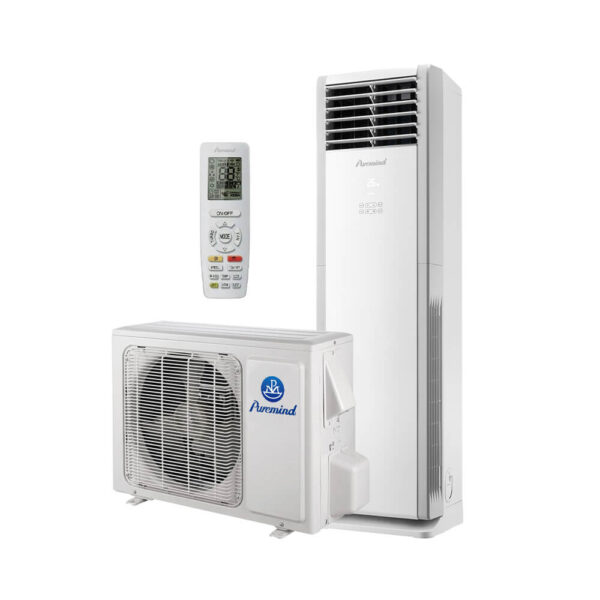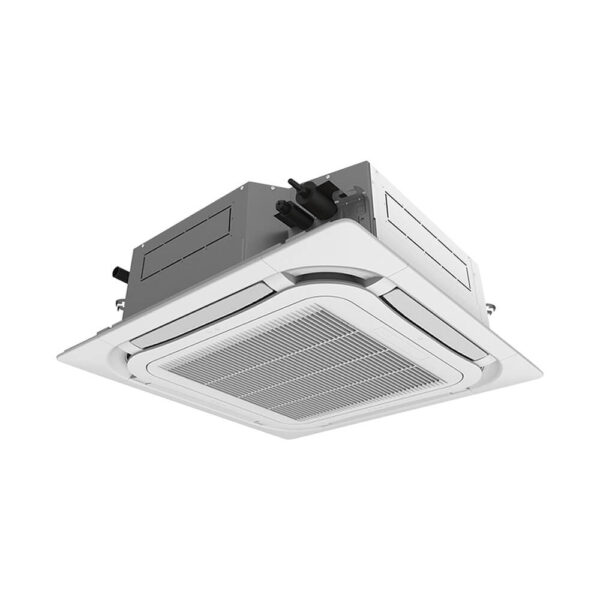HVAC Supply Stores: A Complete Guide for Wholesalers and Distributors
The role of hvac supply stores has never been more vital in today’s rapidly evolving heating, ventilation, and air conditioning industry. For wholesalers, suppliers, and distributors, understanding how these stores operate, stock, and adapt to B2B and public needs is essential for capturing market share and supporting long-term business growth. This comprehensive guide covers everything you need to know about HVAC supply stores from inventory management to digital transformation.
What Are HVAC Supply Stores?
HVAC supply stores are specialized outlets that stock and distribute a wide variety of HVAC products including air conditioners, heating units, controls, parts, and accessories. They serve as a critical link between manufacturers, contractors, facility managers, and sometimes even direct consumers or DIY enthusiasts.
- Comprehensive Inventory: A vast selection of products ensures that both large projects and one-off repairs can be supplied quickly and efficiently.
- Technical Expertise: Staff are often trained to provide expert advice on product selection, installation, and troubleshooting.
- B2B and B2C Sales: While many HVAC supply stores primarily serve contractors, more are now welcoming public customers for select products.
- Logistics and Fulfillment: Services may include in-store pickup, local delivery, and bulk ordering solutions for commercial clients.
Key Product Categories Stocked in HVAC Supply Stores
- Split Air Conditioners: Mini split and multi-zone systems for both residential and light commercial applications.
- Furnaces and Heating Systems: Electric, gas, and heat pump units.
- Thermostats and Controls: Smart, programmable, and Wi-Fi enabled controls.
- Air Quality Solutions: Purifiers, filters, humidifiers, and dehumidifiers.
- Installation Supplies: Copper tubing, refrigerants, brackets, fasteners, and insulation.
- Replacement Parts: Motors, compressors, capacitors, and blower wheels for repairs and maintenance.
The Role of HVAC Supply Stores in the B2B Ecosystem
- Efficient Sourcing: Streamline procurement for contractors, reducing downtime and project delays.
- Technical Support: Provide expert assistance, manuals, and after-sales service for complex projects.
- Bulk Sales and Pricing: Offer volume discounts and flexible payment terms to B2B clients.
- Market Intelligence: Supply stores gather valuable insights into local market trends and product demand.
- Training and Certification: Many stores partner with manufacturers to offer product training and certification for installers.
Digital Transformation: E-Commerce and Online Supply Stores
The rise of e-commerce has revolutionized how HVAC supply stores serve both professional and public customers. Online stores now offer real-time inventory, technical documentation, and convenient order fulfillment, making it easier for B2B clients to source what they need quickly.
For the latest range of split air conditioners and related products, visit our split air conditioner product page.
Best Practices for Wholesalers and Distributors Supplying HVAC Stores
- Diversify Your Product Range: Ensure your offerings include energy-efficient models, smart controls, and specialized equipment for both standard and niche markets.
- Focus on Logistics: Fast and reliable delivery is a key value-add for HVAC supply stores and their customers.
- Build Strong Supplier Relationships: Close ties with manufacturers ensure early access to new products and promotional deals.
- Invest in Staff Training: Well-trained sales and technical staff can drive customer loyalty and reduce returns.
- Utilize Data Analytics: Use sales and inventory data to forecast trends and adjust stock accordingly.
Challenges Faced by Modern HVAC Supply Stores
- Supply Chain Disruptions: Global shortages and logistical delays require proactive inventory management.
- Rising Customer Expectations: B2B and public buyers expect instant service, transparent pricing, and real-time support.
- Technological Complexity: Keeping up with rapid advancements in HVAC technology necessitates ongoing training.
- Market Competition: Both traditional and online-only suppliers are competing for the same client base.
- Regulatory Changes: Compliance with new efficiency standards and environmental regulations is essential.
Frequently Asked Questions
- Do HVAC supply stores sell directly to the public?
- Many do, especially for standard equipment and parts, but some specialty items may still be restricted to professionals.
- How can distributors support HVAC supply stores?
- By offering flexible ordering, training, promotional support, and access to the latest HVAC technology.
- Where can I find quality split air conditioners for supply stores?
- See our split air conditioner product page for leading models and technical resources.
Market Trends and Future Outlook
The HVAC supply store segment is expected to continue its growth as energy efficiency, smart home integration, and public access become increasingly important. Wholesalers and distributors that innovate, embrace digital solutions, and prioritize customer experience will capture greater market share in this evolving sector.
Conclusion
The modern hvac supply stores ecosystem offers exciting opportunities for wholesalers, suppliers, and distributors. By focusing on product diversity, digital transformation, and customer-focused strategies, your business can thrive in the competitive world of HVAC supply.
